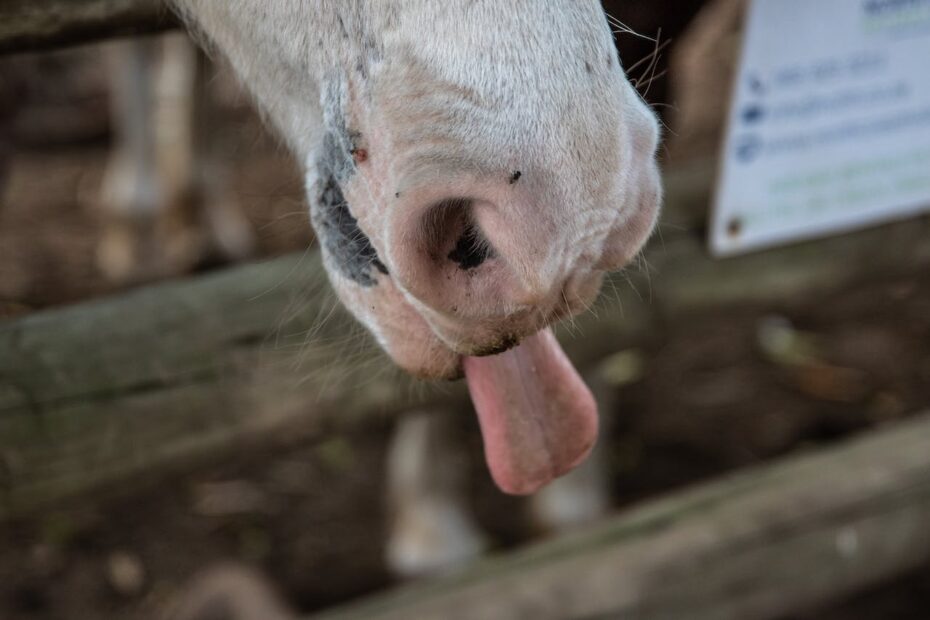As the sun dips below the horizon, casting a golden hue over the stable, you can’t help but notice the beads of sweat on your horse’s forehead after a long day of training. It’s moments like these that remind us of the hard work and dedication our equine companions put into every trot, gallop, and jump. Just like us, horses lose vital minerals through sweat, and this is where the unsung heroes of horse health come into play: electrolytes.
Understanding Electrolytes and Their Importance
Electrolytes are minerals that carry an electric charge and are pivotal for life. They regulate nerve and muscle function, hydrate the body, balance blood acidity and pressure, and help rebuild damaged tissue. For horses, the primary electrolytes are sodium (Na), chloride (Cl), potassium (K), calcium (Ca), and magnesium (Mg).
During intense exercise or in hot climates, horses lose a significant amount of these minerals. Imagine electrolytes as the horse’s natural performance enhancers – they’re essential for muscle contraction and energy generation. Without a proper balance of these minerals, a horse can experience dehydration, decreased performance, or in severe cases, conditions like hyponatremia or “tying up”.
Electrolyte Sources for Horses
The question begs, how can you ensure your horse is getting enough electrolytes? The answer lies in a well-balanced diet and supplementation when necessary. Most forages and grains provide a decent amount of electrolytes, but the key is in the details:
- Sodium is primarily obtained from salt. A horse at rest requires about one ounce of salt per day, which increases with work intensity.
- Potassium is abundant in forages, especially lush, green pasture. However, during the winter months or for horses with restricted access to pasture, supplementation might be necessary.
- Calcium and magnesium are typically well-supplied in a balanced diet, but certain regions and diets may have deficiencies in these minerals requiring specific attention.
When Do Horses Need Electrolyte Supplementation?
It’s not just about offering a free-choice salt block and calling it a day. There are particular times when your horse might need an extra boost:
- Prolonged exercise: Eventing, endurance riding, or any prolonged activity can deplete stores.
- Hot and humid conditions: Even if the horse isn’t working hard, excessive sweating can lead to significant losses.
- Travel: Stress and sweating during transport can necessitate additional electrolytes.
- Illness or recovery: Conditions like diarrhea can rapidly deplete a horse’s electrolyte and fluid levels.
Choosing the Right Electrolyte Supplement
With a plethora of products on the market, selection can be overwhelming. Here are some tips:
- Look for a product with a good balance of sodium, chloride, and potassium.
- Avoid fillers and unnecessary sugars; your horse doesn’t need the extra ‘fluff’.
- Choose supplements that are easily absorbed and digested.
Administering Electrolytes
Administering electrolytes can be done in various forms – powders, pastes, or liquids. They can be added to feed or water, or given directly by mouth. It’s crucial to ensure fresh water is always available as electrolytes can increase thirst.
Water: The Integral Companion
Electrolytes go hand-in-hand with water. It’s vital for transporting electrolytes to where they’re needed, and for excreting any excess. Monitoring your horse’s water intake is just as important as managing electrolytes.
Monitoring and Managing Electrolyte Balance
Observing your horse’s behavior and performance is key. Signs of electrolyte imbalance can be subtle or pronounced, ranging from fatigue and muscle weakness to digestive upset or even colic.
The Importance of Veterinary Guidance
Before embarking on any supplementation regimen, it’s wise to consult with a veterinarian. They can provide guidance based on individual needs, workload, and environmental conditions.
Balancing Act for Optimal Equine Health and Performance
Managing electrolytes is a balancing act that plays a critical role in your horse’s health and performance. By understanding the basics of electrolytes, recognizing the signs of imbalance, and choosing the right supplementation, you’re taking a proactive step in ensuring your horse’s well-being. Remember, a well-hydrated and electrolyte-balanced horse is a happy horse, ready to face the next day’s adventure with vigor and vitality.
